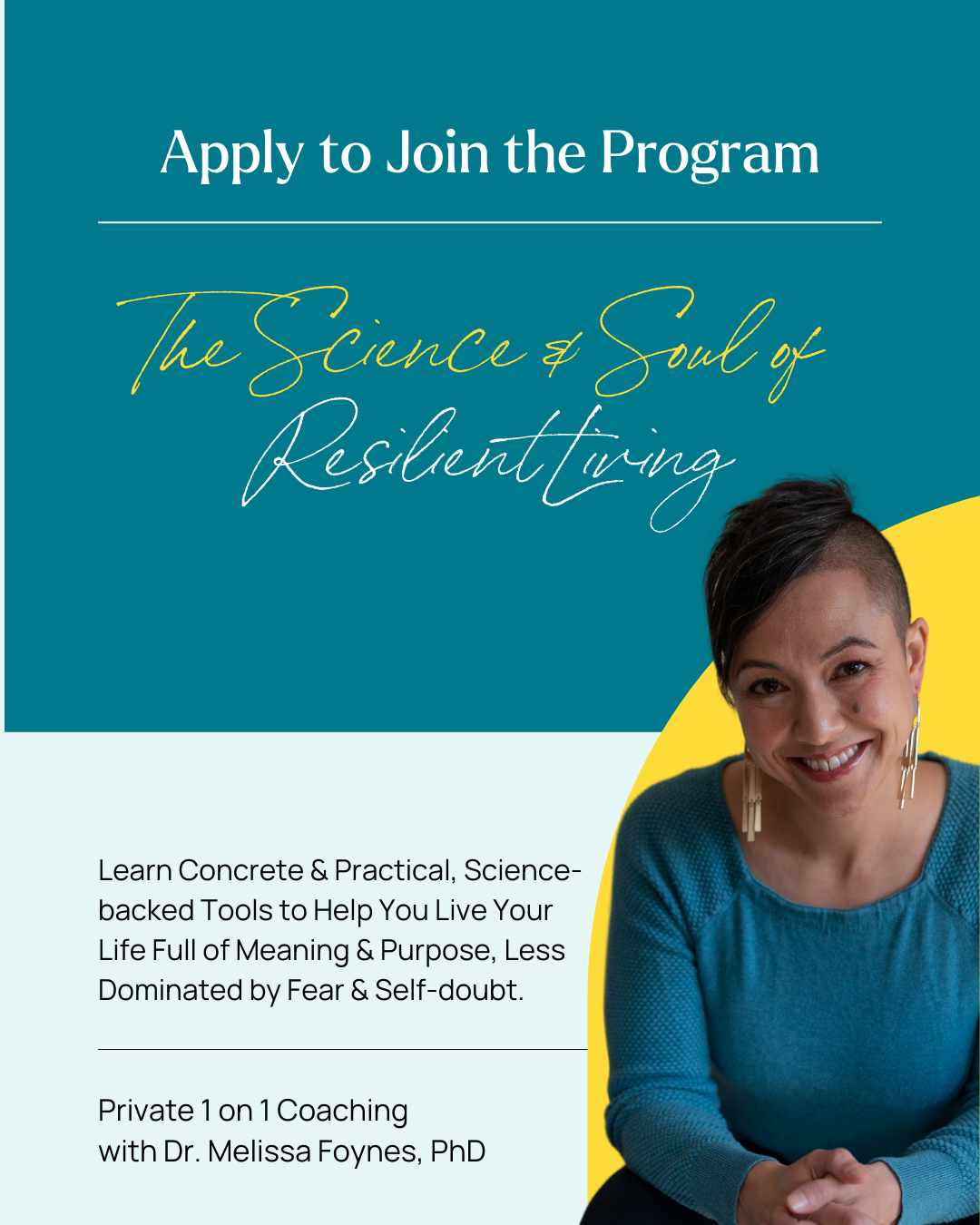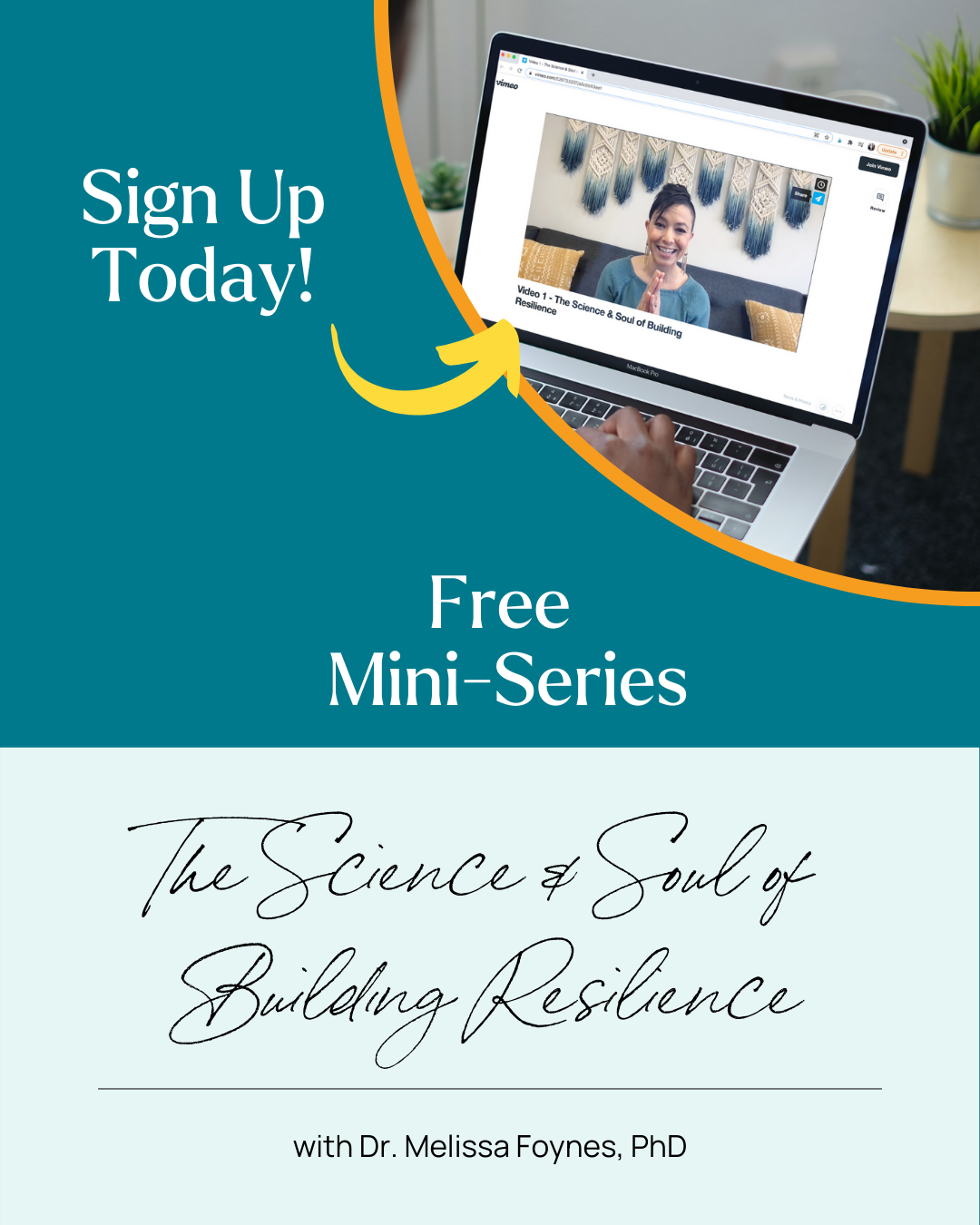welcome, I'm Melissa
Links
As a holistic coach, psychologist, mindfulness, meditation & yoga instructor, & Ayurvedic doula I offer personalized paths to growth & healing.
you may also like...
3 Ayurveda Practices for Balance and Alignment
March 18, 2021
Ayurveda is one of the world’s oldest holistic healing systems and originated in India over 5,000 years ago.
With a preventative approach to health, the wisdom of Ayurveda offers tools for managing stress as well as supporting balance and alignment in our lives.
Ayurveda practices can help us harmonize with both our internal rhythms and those of nature, empowering us to shape the path of our own health and healing.
Emphasizing the importance of intuition and listening to our own guidance, Ayurveda supports the synchrony of mind, body and spirit through connection with the environment.
In my conversation with Ayurveda practitioner Ivy Ingram, we explore some of the wisdom and science of this ancient healing system.
In the following exchange, she gives an overview of Ayurveda and suggests Ayurveda practices for balance and alignment during these stressful times.
What is Ayurveda?
Melissa: I’d love to start off with a brief introduction to Ayurveda for those folks who may be new to Ayurveda or don’t know that much about it.
Could you share a little bit about what Ayurveda is?
Ivy: Ayurveda is the traditional healing system of India.
Some would say it is one of the oldest continuously practiced systems of health care, still in operation, on the planet.
Ayurveda is really a great traditional form of medicine, but more than that, it also offers us incredible guidance around how to live a healthy life.
In many families in India, it’s been traditionally practiced and passed down from family to family and from generation to generation.
In its brightest light, Ayurveda is preventative health care. It is how we can take really, really profound care of our health through our diet, through our food choices and through our lifestyles.
In this way, I think there’s a great potential for integrating traditional wisdom Ayurveda with the advances of modern science as well.
Ayurveda is made up of two words or two roots in Sanskrit. “Ayur” means life, and “veda” means knowledge or science.
So Ayurveda is the “science of life” and has a body of knowledge around what supports life, what extends life and how we increase our longevity.
How Can Ayurveda Help Manage Stress?
Melissa: As you were talking, I was thinking about this time that we’re living in — this time of stress and COVID-19.
But also during this time, there’s such a high emphasis on productivity and efficiency, and people were under so much stress even before the pandemic.
And when we are in times of stress, we often become very disembodied — become disconnected from our bodies, our intuition and the wisdom from our bodies.
I would love to hear you talk about Ayurveda practices that could be helpful in these times.
Ivy: These are incredibly odd and stressful times, and I have been so grateful in the past year to have access to these teachings. It’s the medicine we need for this time.
Ayurveda always points us back to the wisdom of nature.
What I’ve observed is that wisdom of Ayurveda is pointing us back to two things:
-
- Ayurveda points us back to our inner voice as a source of guidance and as a source of wisdom.
- Ayurveda points us back towards ourselves; it locates authority within us — within each of us.
3 Ayurveda Practices for Balance and Alignment
There are a number of Ayurveda practices, but I’ll just mention a couple tools that can specifically help reduce stress.
1. Self-Massage with Oil
In Sanskrit, we call this Abhyanga. It’s actually a very simple practice of taking some warm oil, such as sesame oil which is the classic oil in the ancient texts, and place it on your skin.
The immediate response is a feeling of calm; those frayed edges feel like they’re calmed and quieted. I think this is a profound form of self-love, and it especially helps to quiet the mind before sleep.
A quick and easy introduction to this practice is with the feet. I recommend doing it right before bed.
TIP: Put socks on, like cotton socks, after you’ve rubbed a little bit of oil on your feet, and then go to bed. It’s a great introduction to Abhyanga.
2. Pranayama or Breathing Practices
There are countless different types of breathing practices, but one that I found really helpful for reducing stress is the three-part breath.
It’s a really slow, easy breath. For people who don’t have much time, this is a lovely one since it only takes a few minutes.
Steps for Three-Part Breath
Before beginning, think about the flow of your breath in your lungs as three sections:
- The soft belly
- The ribcage
- The upper chest
Lie down and bring attention to the belly, breathing into the soft belly and letting the belly expand with the inhale; let the soft belly fall back in towards the mid-body on the exhale.
With the second breath, expand the inhale up into the rib cage before exhaling.
On the third breath, inhale up into the chest, and the exhale will happen spontaneously.
The point here is to relax the belly.
For many of us, we carry our stress in the belly — in the musculature of the abdomen. This constriction can cause digestive discomfort or problems.
With this breathing practice, we are intentionally softening the musculature of the midsection of the belly.
The belly is the home site of our personal power, our personal agency in the world.
To let our attention come down from the mind and into the body can be a really profound and rejuvenating practice.
Do this whenever you feel or anticipate stress. If you can’t lie down for the practice, you can do this breath work wherever you are, such as sitting in your car before you get on the road.
3. Take in Warmth
Taking in warmth is really important, and we can mix this with the importance of staying well hydrated.
Have a cup of warm herbal tea mid-morning and mid-afternoon or as your schedule allows. So simple!
Having herbal tea will help to bring in the calming qualities of the warmth and the liquid.
One herbal tea I would recommend is tulsi, one of the beautiful paragons of herbal health in Ayurveda. It is understood to be a tonic herb, meaning that it helps everyone and strengthens the immune system.
The wisdom of Ayurveda also teaches that there’s an aspect of tulsi that helps to support the mind.
And even beyond the mind, it helps us to feel our connection with nature. It has incredible botanical elements that support the body and has a real affinity for the lungs and for respiratory health.
A cup of tulsi tea can be a nice way to reset and reconnect to your core self.
Tulsi is also known as holy basil; you can find it in many grocery stores or online.
Ayurveda Practices: Next Steps
The healing wisdom of Ayurveda has much to offer us in these challenging times.
For a more in-depth understanding…
Listen to the full podcast. In addition to Ayurveda practices for balance and alignment, you’ll learn what Ayurveda recommends for that
-
- afternoon energy crash between 2-4 p.m.
- “tired but wired” feeling around 10 p.m.
Embodied Ayurveda: Tools for Balance and Alignment
You can also learn more about my coaching practice through this free video series:
The Science & Soul of Building Resilience
In this 4-part series you’ll learn:
- Body awareness to help us center ourselves and live in a present-focused and embodied way even in the midst of stress
- Decreasing our stress response so we can access intuition and connect to our needs
- Values clarification to guide decisions about prioritizing our time, attention and energy
- Self-compassion to soften our harsh inner critics and facilitate growth following mistakes
SIGN UP to Get Instant Access!
MAKE SURE TO SUBSCRIBE TO THE SCIENCE & SOUL OF LIVING WELL PODCAST!
Apple | Google | Spotify | iHeart | Audible
You can also contact me or join us on Instagram – @drfoynes.
Ivy Ingram is an Ayurveda practitioner and yoga teacher offering education and natural support for digestive issues, stress management, women’s health and other concerns.
With a master’s degree in Counseling Psychology, she has been helping clients experience deeper health and healing for over 17 years.
She is a former faculty member of the Ayurvedic Institute in New Mexico where she received her Ayurveda Practitioner certification in 2014 after an intensive two-year clinical training program.
She also studied Ayurveda in Southern India for five months and returns almost every year for further training. To connect with Ivy and learn more Ayurveda practices, find her on Instagram or visit her website.
Related Articles on Mindfulness and Ayurveda:
Finding Your Center: Grounding Through Body, Breath, Nutrition and Lifestyle
Freebie Alert!
Freebie Alert!
Newsletter
Sign up to get a dose of love, inspiration, wisdom &
all the latest news on events straight to your inbox.
privacy
terms
made with ❤ by habitat society
Explore
©2022, Melissa foynes
Thank you
You're subscribed to my newsletter. Please whitelist my email to make sure you don't missing anything I send you.




